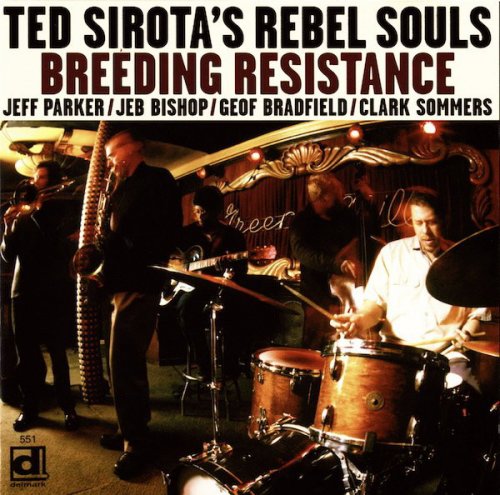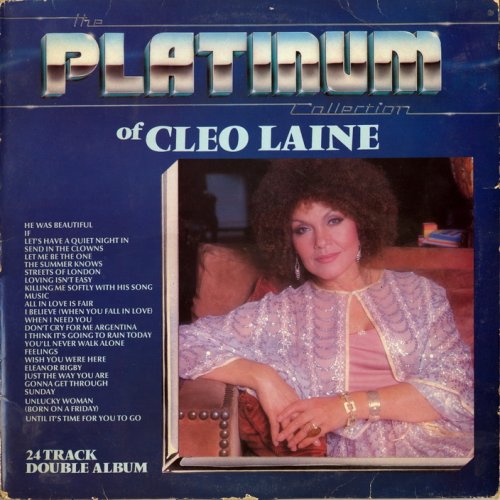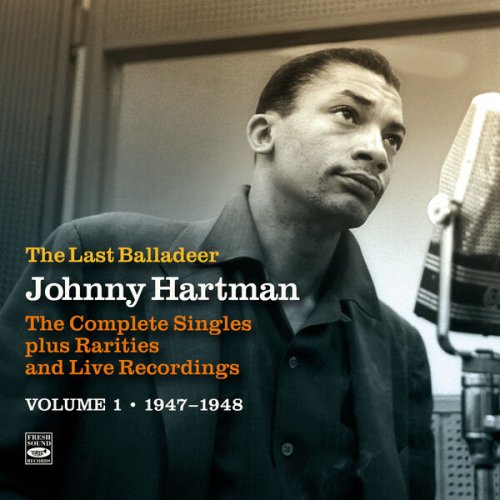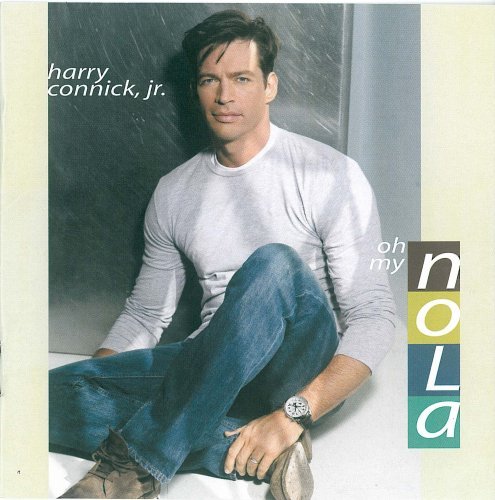Ted Sirota's Rebel Souls - Breeding Resistance (2006)

Artist: Ted Sirota's Rebel Souls
Title: Breeding Resistance
Year Of Release: 2006
Label: Delmark Records
Genre: Avant-Garde Jazz, Modern Creative
Quality: FLAC (tracks+.cue, log, Artwork)
Total Time: 65:30
Total Size: 407 MB
WebSite: Album Preview
Tracklist:Title: Breeding Resistance
Year Of Release: 2006
Label: Delmark Records
Genre: Avant-Garde Jazz, Modern Creative
Quality: FLAC (tracks+.cue, log, Artwork)
Total Time: 65:30
Total Size: 407 MB
WebSite: Album Preview
01. Saro-Wiwa (9:33)
02. Chairman Fred (7:23)
03. Knife (7:23)
04. For Martyrs (3:03)
05. This Is A Takeover (6:09)
06. Elegy (4:01)
07. Breeding Resistance (5:02)
08. Huntsville, TX (3:10)
09. D.C. (6:13)
10. Axe (6:19)
11. Pablo (7:14)
Drummer, composer, and bandleader Ted Sirota is a passionate young man who lives his political, social, and cultural convictions through his music with his Rebel Souls musical outfit. On his first outing for the Delmark label, Sirota and his longtime mate, guitarist Jeff Parker, who emigrated from the Berklee College of Music to Chicago with him, turns in one of the most inspiring, integrational "jazz" performances since Charlie Haden's first Liberation Music Orchestra album. There are 11 tunes on the set, five of which were composed by Sirota, and the rest by bandmembers Parker, saxophonist Geof Bradfield, trombonist Jeb Bishop, and bassist Clark Sommers. The sheer musical and emotional range of this band is startling. From the drummed up and dubbed out African-and-reggae-groove-meets-post-bop of Sirota's "Saro-Wira," to his driven, electric, electronic, and stomping blues work "Chairman Fred (I Wish Fred Hampton Was Here)," Sirota's own compositions are rooted in the music and pulse of the current culture. On the latter tune, Hampton's voice is interspersed through the loping melody that strides a homecoming funereal and bar walking blues, along with the ringing lines of Parker's lamenting guitar, Bradfield's short phrases, and the skronk of a Korg synthesizer toward the end, and place this outside the purview of any music but jazz, but keeps its sentiments in the community of popular language. On the former, Sirota roots his attack in African folk music from Nigeria, as well as in Bob Marley's righteous anthem "Get Up, Stand Up." Guitars slide around the punchy horn lines and rhythms pop out all over the place. Elsewhere, Bradfield's haunting ballad "Elegy" offers an intricate and effortless portrait of the group's melodic sense. The knotted up bop lines of the title track offer starling complexity and a sense of contrapuntal sophistication rarely heard in such young players. The lilting beauty of Sommers "Pablo," with its loping, graceful lines and soft skittering rhythms, is elegant, graceful, and beautifully understated, offering yet another side of a band that can stomp, wail, weep, whisper, and sing together seemingly without effort. Sirota is a bandleader who knows how to get the best form his players, making the Rebel Souls a band who has arrived fully on the scene with an identity all their own. Breeding Resistance is a very important outing for the new jazz, and indeed proves that jazz as an idiom still has plenty of directions left to travel in.

![Stefano Battaglia, Stefano Battaglia Standards Quartet - One Mile Away (2026) [Hi-Res] Stefano Battaglia, Stefano Battaglia Standards Quartet - One Mile Away (2026) [Hi-Res]](https://www.dibpic.com/uploads/posts/2026-03/1772346486_cover.jpg)


![VA - From the Archive Vol. 3... compiled by Volcov (2026) [Hi-Res] VA - From the Archive Vol. 3... compiled by Volcov (2026) [Hi-Res]](https://www.dibpic.com/uploads/posts/2026-02/1772033794_a3743742618_10.jpg)



